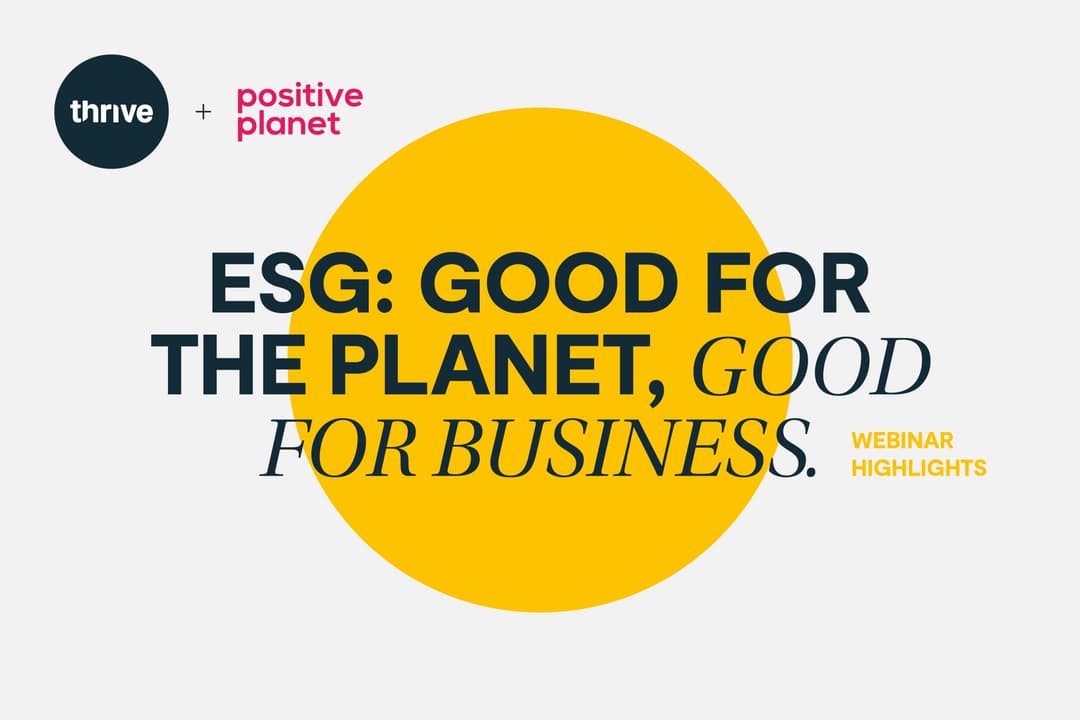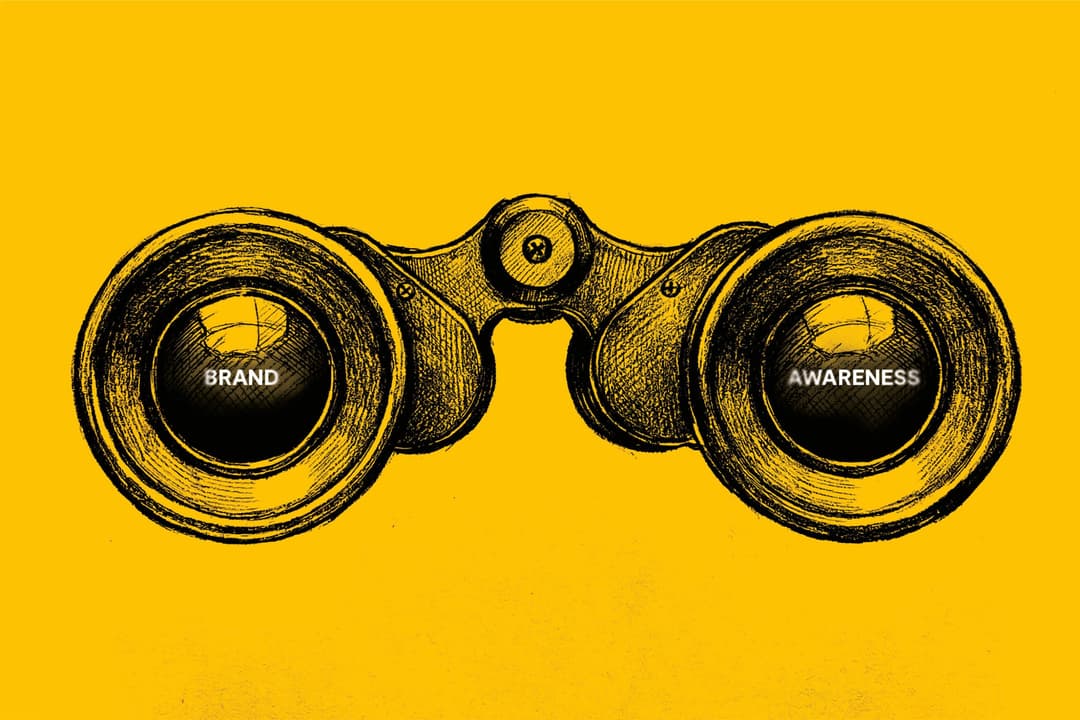A guide to SEO terminology
19th September 2024

SEO stands for Search Engine Optimisation and is the process of optimising your website and its content to appear for important keywords and search queries.
SERP
Stands for Search Engine Results Page. It is what you see when a user enters a particular keyword or query into a search engine.
Ranking
Ranking refers to your websites position on a Search Engine Results Page. Generally, the higher you are ranking, the more visible your website is and the more likely it is to be clicked.
Organic Traffic
Organic website traffic is recorded when a user comes to your site from unpaid search engine results. Organic traffic is free and is developed by achieving high SERP rankings through SEO practices.
Crawling & Indexing
Crawling is how search engines discover and analyse web pages. Ensuring your site is crawlable and accessible to search engines is a vital step to ensuring users can find your website on search engine results pages. Your sitemap, internal linking, URL structure, on-page SEO and site speed are all crucial factors in helping search engines crawl your website effectively.
Once a search engine has crawled your site, it will add your pages to its index. Only then will it be eligible to be served up on search engine results pages.
Authority
Authority refers to the overall strength of a particular domain or page, including how credible and trustworthy it is deemed to be. It directly impacts how likely your website is to rank for search queries, and is influenced by multiple factors including backlinks, site structure, user experience, and content.
Backlink
A link from an external website to yours. These are a great way to boost your site visibility and authority as search engines view them as recommendations and that your site is worthwhile and trustworthy. Developing backlinks from credible and reputable sources is an important part of SEO strategy.
Toxic Backlinks
Are external links that aren’t beneficial and can harm your sites visibility and authority, possibly as they come from spam sites. Managing toxic backlinks is another key part of SEO strategy.
Internal links
An internal link is a link from one page on your site to another. Good internal linking is vital as it helps search engines crawl and index your site. It also helps users to navigate between pages and can help pass on page authority.
Keyword Search volume
Refers to the average number of times a keyword is searched for each month. Search volume is an important metric in identifying what keywords you should prioritise ranking for and try to optimise your website content towards.
Keyword difficulty
Refers to how difficult and competitive it is to rank for a particular keyword. This is another important metric in identifying what keywords you have the potential to rank for and should be prioritising.
Title tags
Is a title that you allocate to each page on your website. They are important in helping search engines understand what each page is about and appear on search engine results pages. Each title tags should be unique, include a target keyword, and should attempt to describe what the page is about or include a call to action to entice the user to click.
Meta Description
A meta description is a short summary of a webpage which appears just below the title tag on search engine results pages. Your meta descriptions should be unique, descriptive, relevant to each page, and should include your target keyword. Like title tags, they play an important role in getting users to click on your link.

H1 Tags
These are the main title on a webpage and indicates to users and search engines what the page is about. Every page should have one H1 tag which should include your target keyword.
Alt text
Alternative text is used to describe an image on a webpage. It is important as it allows search engines to determine what images are about and what searches they are relevant for. They are also useful for helping you rank in search engine image results. Alt text should be descriptive, concise, and look to include a keyword.
Looking to increase your websites organic traffic? Get in touch today for SEO strategy and support.







